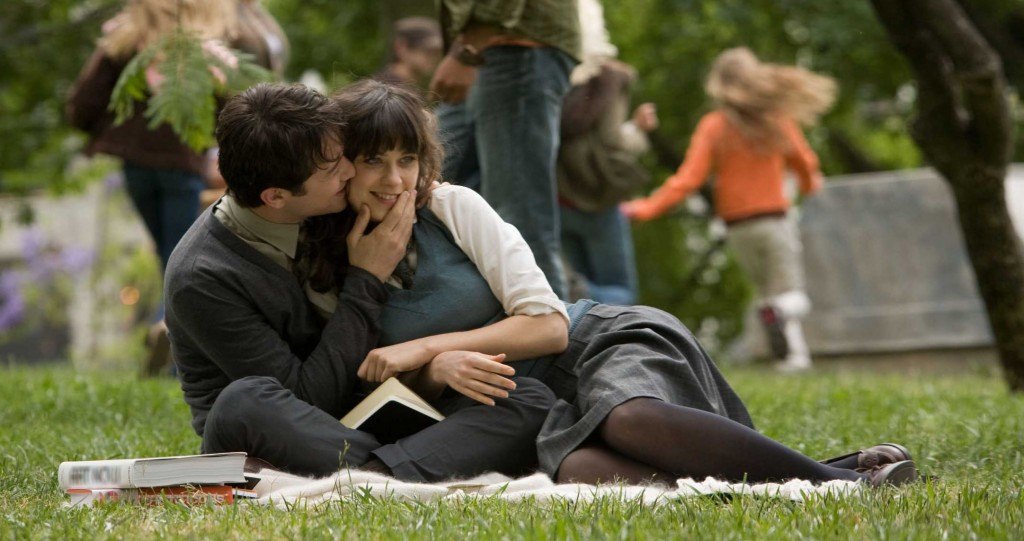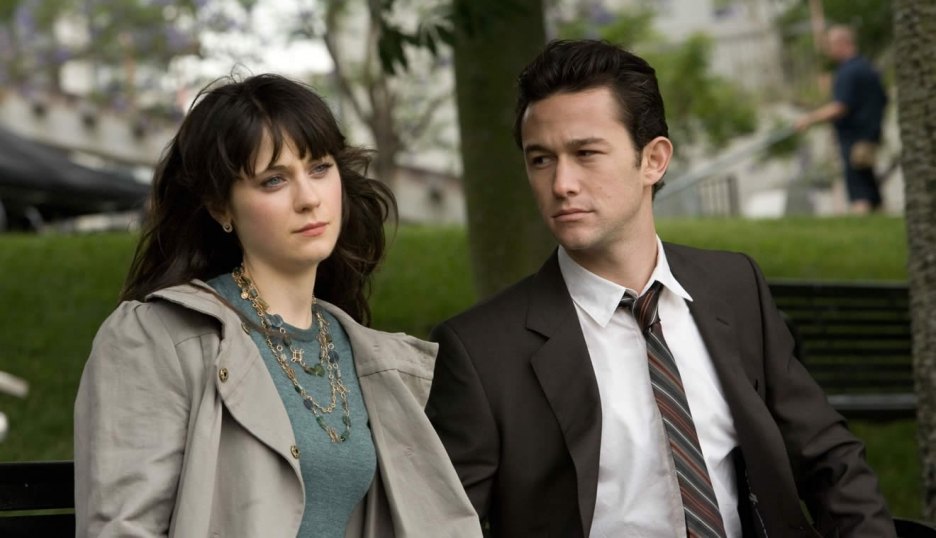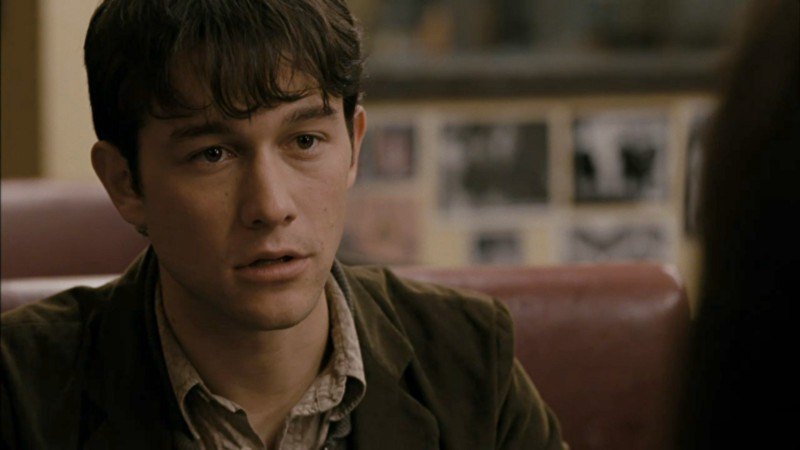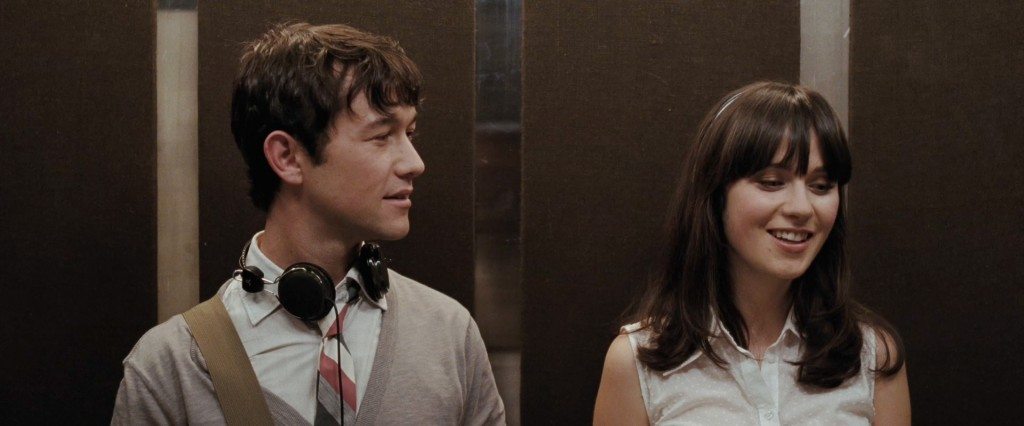It is always a guilty pleasure when I start to watch a rom-com movie. Being quite a harsh critic, rom-coms aren’t technically a go-to genre. The films are too clichéd and you can virtually predict every single scene. But they are leave-your-brains-at-home entertaining and sometimes will genuinely make you laugh with some silly antics and one-liners. Sometimes they turn out to be quite surprising, spinning in a good story with brilliant filmmaking, making the entire reel beautiful indeed. ‘Silver Linings Playbook’ and ‘Crazy, Stupid, Love’ are two of the shining beacons in this genre, being the recipient of the Academy Awards. They are among the few exceptions which are not made on the lines of predictable love stories, which have been told and retold a thousand times over.
The most recent foray in this genre, ‘La La Land’, captured the hearts of millions with its exceptional filmmaking and the anti-climax which simply elevated the status of the film to another level altogether. But before all these happened which somewhat changed the critics’ perception towards this genre, Marc Webb made one quiet modern classic, which is revered now amongst the rom-com faithful and even the harshest critic gives a nod of approval. In many ways, it went against the set trend of rom-coms and embarked on a path of its own, and others followed in its wake. ‘500 Days of Summer’, in 2009, was in the lines of classics like ‘Annie Hall’, and showed the world that, rom-coms can be something other than a no-brainer.

Employing a non-linear narrative was one of the many things Marc Webb did differently for this film and it had a greater impact on the entire storyline and reached out to the masses more. If we sit down and begin the narration of our love lives to anyone, we won’t be doing it in a chronological way. Love isn’t a history lesson. It’s all about the moments, the ones we will always remember and cherish, be it good or bad. We talk about those moments lovingly and never pay any heed to the timeline. This was a silent tribute to the fact, as we gaze upon the moments, happy and sad from the chronicles of Tom Hansen, the 500 days since he met Summer Finn. The audience is taken on a trip through a photo album, sifting the pages at random and gazing fondly at the beautiful pictures of the days gone by.

The successful triumph of love against all odds is another stereotype which Marc Webb manages to shatter. The audience had seriously grown tired of seeing the same old story of boy and girl kissing after a few roadblocks as the climax. ‘500 Days of Summer’ operates on a more realistic tone. It states outright in the beginning that although it is a boy-meets-girl story, it’s not a ‘love story’. The rejection and breakup phase is something most of us have undergone at some point in our lives. The path of acceptance is really tough and those who have experienced it can sympathize fully. This is one of the major reasons of its popularity in the critical circles. In an immaculate fashion, Webb showed the imminent excitement during the commencement of the relationship and the pathos during the aftermath. It is this change of emotional tones, which makes the film stand out and never feels superficial at any point.

When shoddily written character sketches prove to be the reason behind the downfall of many films, the brilliantly written duo of Tom and Summer prove to be the fulcrum of the film’s success. The simplicity of Tom Hansen draws the empathy of the audience immediately. He is a person who is stuck in a job he hates, much like most of us. He has an insatiable crush on Summer Finn, the office beauty, much like most of us. He is desperately in love with a girl who doesn’t reciprocate on the same level, much like most of us. He suffers the pangs of breakup and undergoes the stages of despair to acceptance, much like most of us. Tom Hansen is an average nobody who just happens to fall in love. Mr. Darcy can only exist in storybooks but Hansen is just beside us, sitting and wondering dreamily about the girl of his dreams. The office intern, Summer Finn, is an exact opposite of Tom.
If Tom Hansen is ordinary looking, Summer’s beauty is eye catching. If Tom is passionate, Summer is like a warm breeze. Simply one look into those deep, blue puppy eyes is enough to sweep one of his feet. She hesitates, bites her lip while conversing and scans you with the azure eyes. She is witty and funny. The elevator scene, where she absently sings the Smiths song in a carefree voice, is enchanting to say the least. Anyone would have the same expression on his face like Tom Hansen. In short, Summer is the girl of every man’s dreams. And that makes it very easy to hate her from the very first instance. She is the culprit behind the lovable Tom’s emotional breakdown, having dumped him mercilessly. Even while claiming to be distant from commitment in relationships, she gets engaged and marries eventually, an unforgivable deed to say the least. Summer Finn is the beautiful enticer, the poisonous plant which secretes a seductive odor to attract and trap unwary innocents. And she too exists in the real world, amongst our friends and our enemies, depending on our ability to perceive her character. But in fact, Summer Finn conveys a deeper message of hard core realism which is quite hard for the romantics to stomach. Sometimes, however beautiful it might seem, the pairing is just not right. The feeling of love has to be mutual in a relationship and the stakes are equal for both the partners. There is no point in pushing where there is a void existing between the pair. Much like the Starks of Winterfell, Summer was never the season for Tom Hansen.

Mychael Danna and Rob Simonsen put together a solid list of tracks which complimented the storyline perfectly. This is something which even the worst rom-coms have offered till date – refreshing music. In this case, the tune swings and slumbers according to the pace of the storyline. It wouldn’t take a musical maestro to judge the quality of the tracks in the film. Tom Hansen’s dance number is akin to the Bollywood numbers and it is quite enjoyable to see Hollywood try something desi for a change. The choreography was fun and at the peak of summer, was quite colorful.
The chemistry between the lead couple is an absolute must for the success of any love story, or for any film in that matter. If the unequivocal chemistry between Ethan Hawke and Julie Delpy was what made the ‘Before’ trilogy so lovable, the absence of anything between Angelina Jolie and Johnny Depp made ‘The Tourist’ a mess of a film. The story for ‘500 Days of Summer’ never demanded a pitch perfect chemistry between the couple as it never is a story of equal minded people. Joseph Gordon-Levitt is a fine actor and he is perfect as the hopeless romantic. The blankness in his face highlights his innocence and stupidity, making him lovable to the audience. Zooey Deschanel seems tailor-made as Summer Finn. Her natural beauty coupled with a killer smile gives the impression of the enticer the role needed. They were lukewarm as a couple which was necessary and even though the audience would have loved to seem them together, the end seemed inevitable from the point they hooked up. It is the credit of the actors to communicate that sense of mismatch to the audience perfectly.
‘500 Days of Summer’ is a perfect date film, where it can be served as a rulebook of what not to do. Charmingly made, it is one of the rare rom-coms to actually have any real impact in the cinematic world. Don’t miss the opening credits at all, for it is one of the quirkiest I have ever seen! Just remember, after summer passes by, Autumn comes calling soon.


You must be logged in to post a comment.